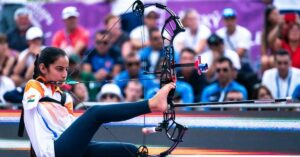Sarika Kale, The Inspiring Arjuna Awardee Who Ate Just 1 Meal a Day for Years
Honoured with the Arjuna Award, Sarika Kale started playing Kho Kho at 13 and fought poverty to play over a hundred tournaments. Her story is as heart-wrenching as it is extraordinary.
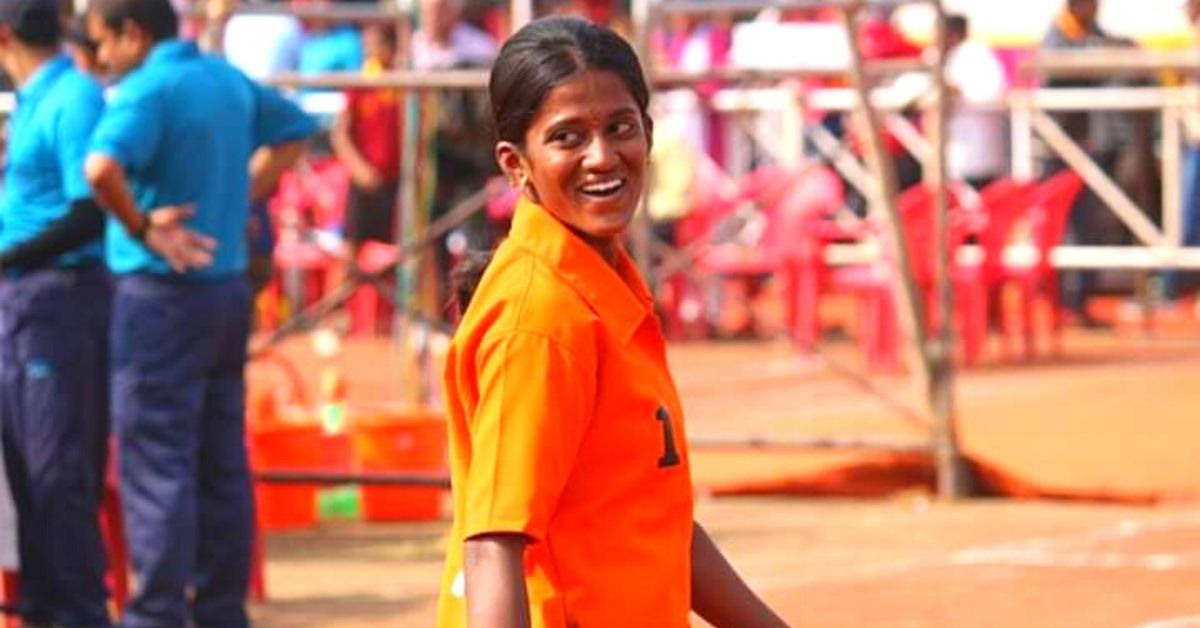
In a historic moment for Kho Kho, a popular tag game invented in Maharashtra, Sarika Kale from Osmanabad, was awarded the prestigious Arjuna Award for this year, and will be presented with it during a virtual ceremony on 29 August, which happens to be National Sports Day.
This is the first time in 22 years that a Kho Kho player is receiving the Arjuna Award, and the 27-year-old, who is the former Indian women’s Kho Kho captain, could not be more thrilled.
She has played over a hundred matches, including 22 at the National level and she also led the national team to clinch a gold at the 12th South Asian Games (SAG) in Guwahati in 2016. Her spectacular performance and excellent judgment of direction were also displayed in the Asian Kho-Kho championship in Indore (2016). The team did not lose a single match in the series and clinched the cup after defeating Bangladesh in the finals. Following the win, Sarika was adjudged the best player and won a cash prize of Rs 51,000.
While the award is no doubt a milestone in her career, what is truly impressive is Sarika’s journey, which started in Ruibhar, a small village in Osmanabad. From being able to afford just one meal a day to working as a sports officer with the Maharashtra government, and winning the ‘Best Player Award’ in England (2017) the feisty woman braved all odds, charted her own destiny and defeated her deplorable circumstances to follow her one true passion — Kho Kho.
“Winning this prestigious award is a very huge deal. It not only recognises my hard work but also significantly raises the bar for an indigenous sport that deserves the nation’s attention. Through this award at least now people will know what the game is all about. I am very proud to receive the award and I hope to make the country proud as many times as possible in the future. I dedicate this award to my family, coach and every girl who wishes to make a career in sports,” an overwhelmed Sarika tells The Better India.
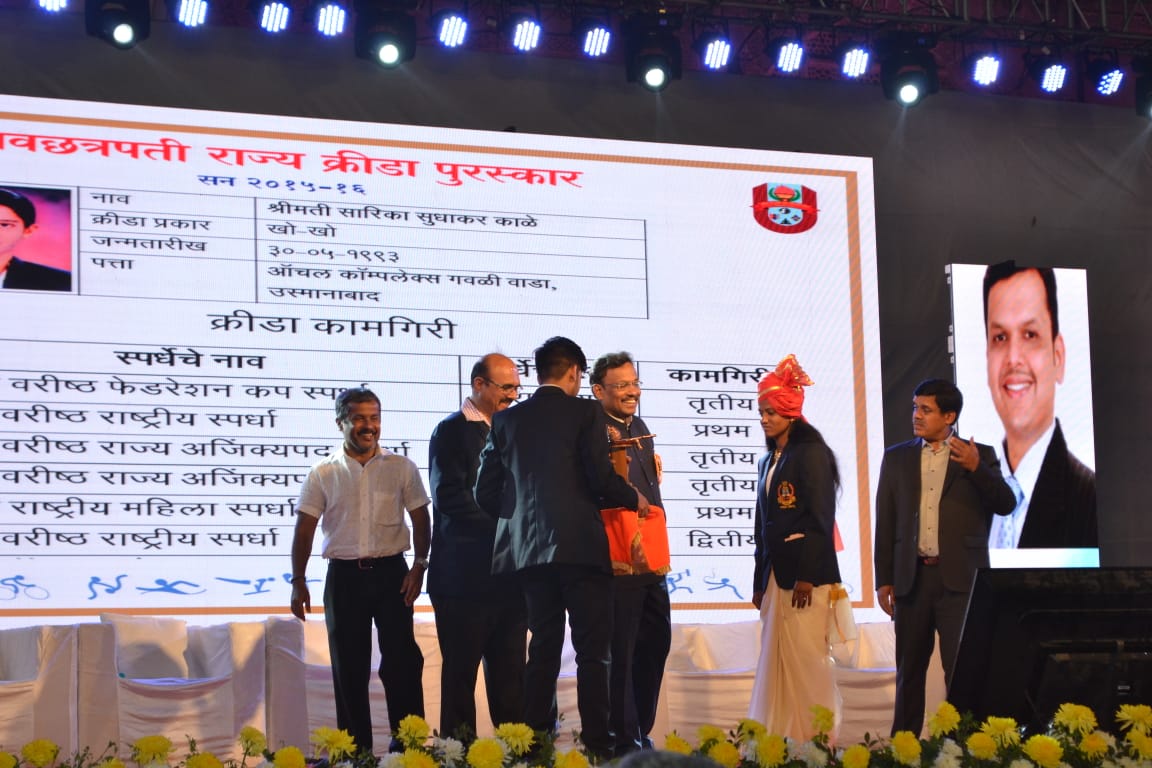
Recalling the moment when her coach, Chandrajit Jadhav broke the news to her at her house she says, “It was an extremely emotional moment for all of us. This time, I shed tears of joy.”
Passion For the Sport
Kho Kho is a very popular sport in Maharashtra. Like cricket, this game also has a batting (runners) and fielding side (chasers). It is played with twelve nominated players in each team. The objective is to avoid getting touched by the opponent, and it requires immense stamina, speed and flexibility.
While the game was an integral part of Sarika’s childhood, she didn’t realise that she could make a career out of playing it, until she met Chandrajit, who was bowled over by her talent.
“In 2003-04, I was a coach with the state women’s team and we were on tour to spot the hidden talents in remote areas. After a few days of training, we selected 50 school girls out of 200 based on their running speed and physical fitness. Sarika was one of them. Her involvement and excitement for the game stood out from the rest and I knew with the right training, this girl could make India proud,” Chandrajit tells The Better India.
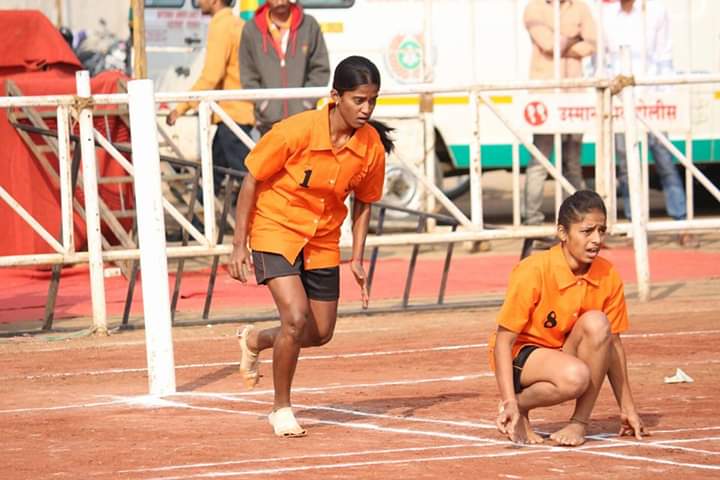
Sarika loved the game so much that she never missed a single practice. In fact, during monsoons, she would force Chandrajit to take the practice. No festivals, celebrations, sickness, or any other thing came in the way of Kho Kho for this schoolgirl.
Even as she acknowledges her love for the same, there was another reason why she hated to miss even a single day of practice.
“I grew up in a joint family of 10, where only two members — my mother and uncle — earned money. We got by thanks to them and my grandmother’s monthly pension of Rs 9000. My father barely worked and drank often, and for nearly 10 years, we survived on just one meal every day. So, I found solace in Kho Kho, and I learnt skills like concentration, alertness, teamwork and perseverance which helped me cope with my problems. Plus, I would get to eat more food during training,” she recalls.
However, when Sarika got an opportunity to play for the state in a tournament in 2005, her father refused to let her go and tried to force her to leave the sport.
After one such argument, she locked herself in a room and skipped practice for 12 days. She had almost given up. Her grandmother, who believed in Sarika’s talent, contacted Chandrajit and requested him to get her back on the field. An alarmed Chandrajit assured Sarika’s family that the state federation would take care of their daughter’s expenses and educated them on how Sarika’s win would unburden their financial woes.
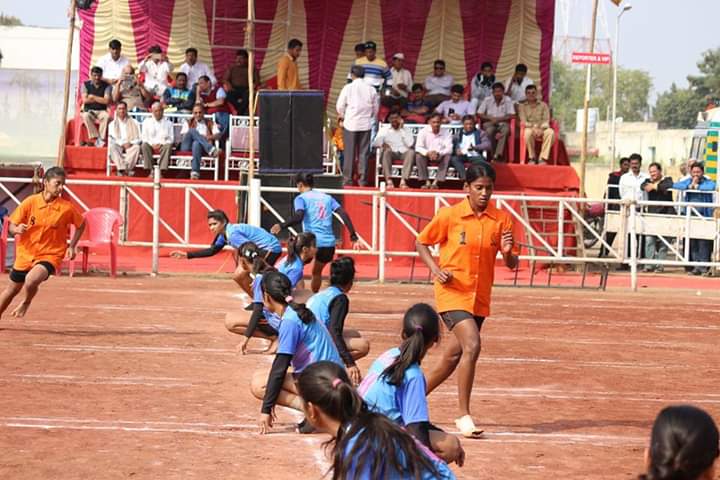
Her father relented so Sarika resumed practise, and went on to participate in her first national tournament. Clearly, there was no stopping this girl.
“It Was Sheer Hard Work”
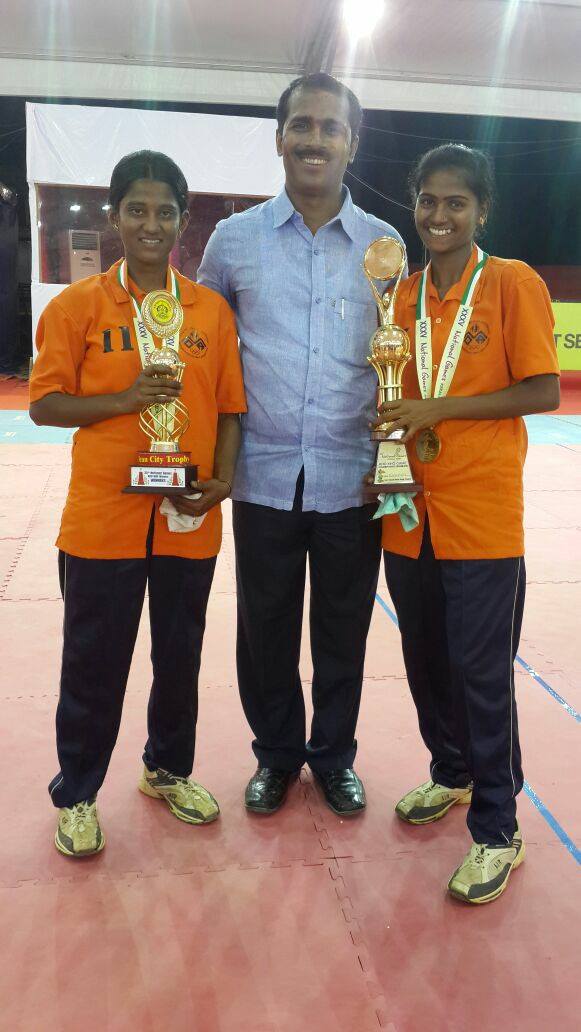
They say it takes a village to raise a child, but the same is also applicable for those who want to achieve the impossible and in doing so they need support and encouragement from various stakeholders.
This holds in Sarika’s case as without the unconditional support and constant motivation from her mother, grandmother and coach, she wouldn’t have reached this stage.
“Chandrajit sir and the women in my house are my biggest cheerleaders who are there for me no matter what. They never gave up on me even on days when I wanted to.”
At this point, Chandrajit politely steps in and tells me that the credit goes to Sarika’s sheer hard work.
“Very few people can achieve this level of discipline and sincerity towards their passion. More than her love, it is her respect for the game that impresses me the most. She never let her struggles affect her performance on the field. Her goal is only to be the best and we believe that there is no substitute to hard work,” says Chandrajit.

MS Tyagi, the General Secretary, Kho Kho Federation of India (KKFI) echoes Chandrajit’s viewpoint and tells The Better India, “Despite her hardships, all of Sarika’s performances have been top-notch. It is only because of hardworking women like her, Sudhanshu Mittal (the President of KKFI) and I pursued the Union Sports Ministry to nominate non-Olympic players for the award. By winning the award, Sarika has made the entire federation very proud and her staggering achievements will forever be etched in the history of Kho Kho. We hope this serves as an inspiration for other girls.”
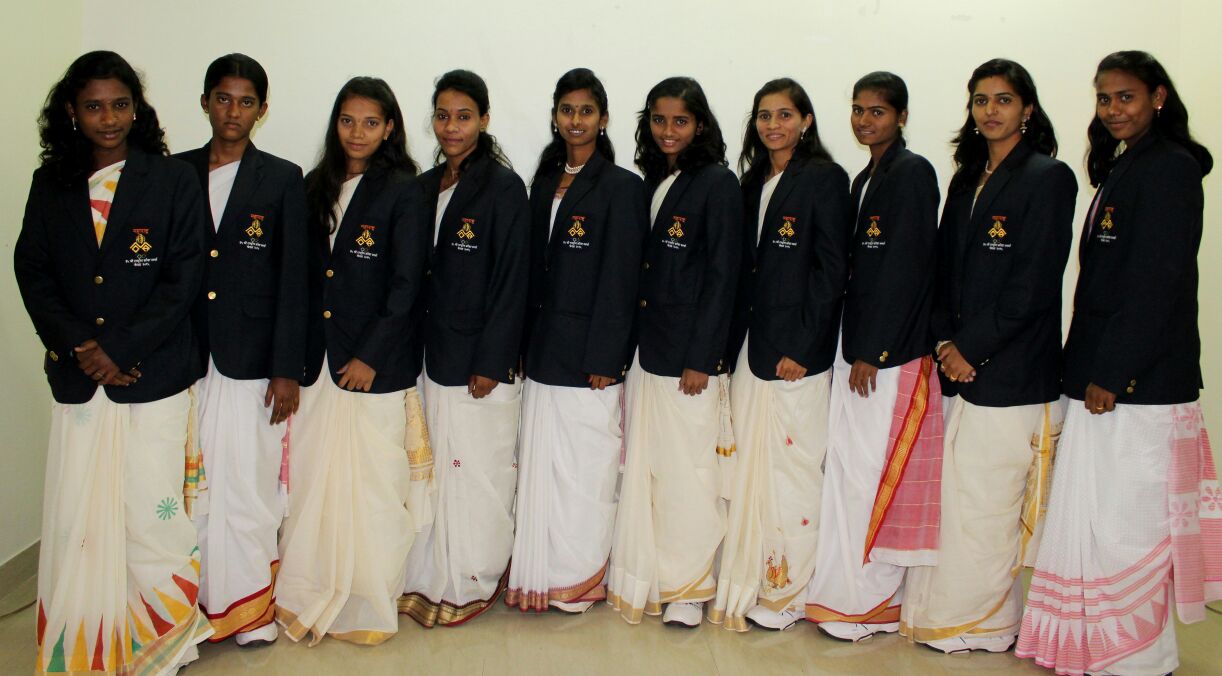
Sarika also attributes her success to the improvement in facilities provided by the state and central sports federation, a raise in cash prize and job security. She believes that a push by the authorities has helped her tremendously in refining her performance.
A lot has changed since Sarika started playing Kho Kho, a decade ago, in terms of her family’s condition and the facilities granted by the government. However, there are two things thing that have remained constant — her dedication and winning spirit.
Edited by Gayatri Mishra
This story made me
- 97
- 121
- 89
- 167
Tell Us More
We bring stories straight from the heart of India, to inspire millions and create a wave of impact. Our positive movement is growing bigger everyday, and we would love for you to join it.
Please contribute whatever you can, every little penny helps our team in bringing you more stories that support dreams and spread hope.






